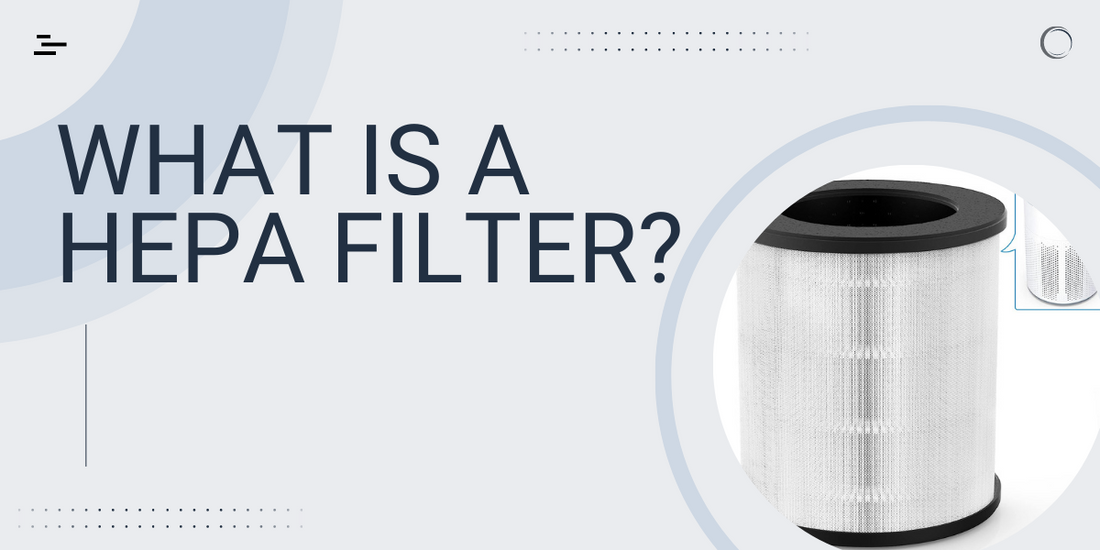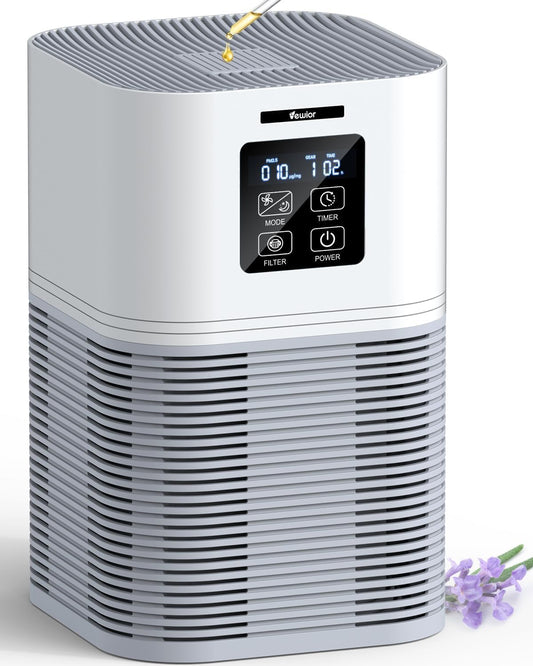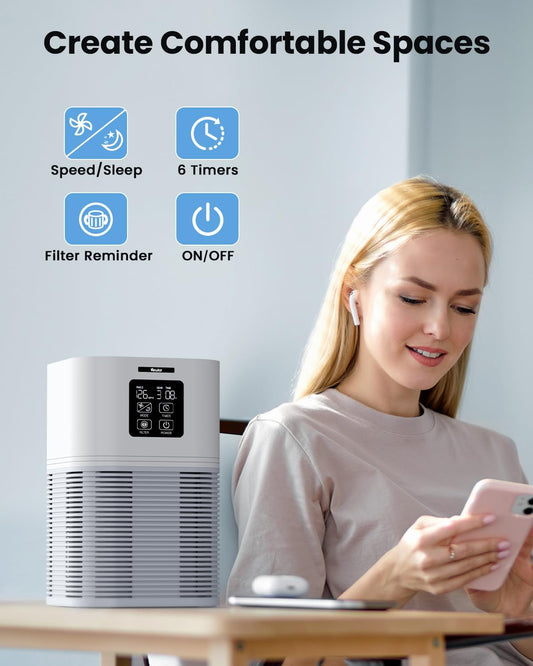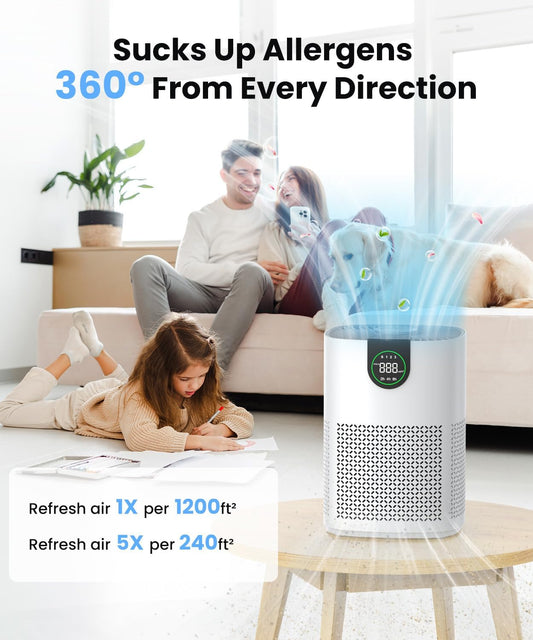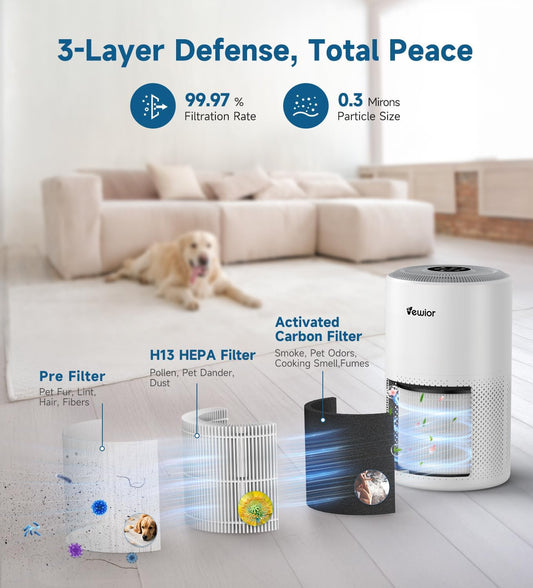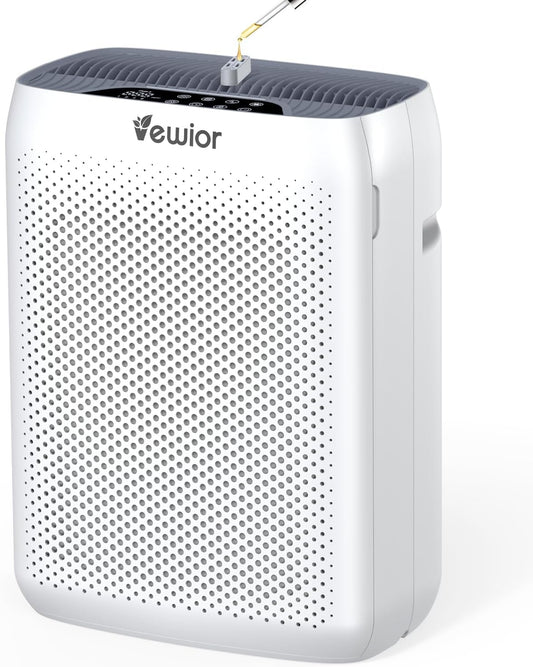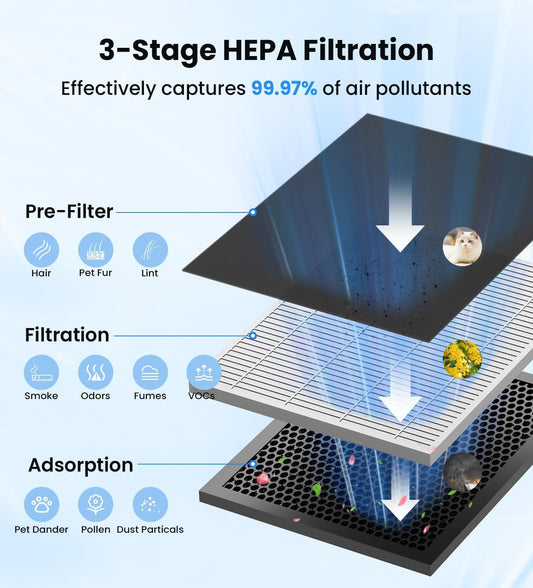When it comes to maintaining clean indoor air quality, HEPA filters play a vital role. But what exactly is a HEPA filter, and why is it highly regarded in the realm of air purification? In this article, we will delve into the world of HEPA filters, exploring their functionality, benefits, and their significance in creating a healthier living environment.
What is a HEPA Filter?
HEPA stands for High-Efficiency Particulate Air, and a HEPA filter is a specialized type of air filter designed to capture and trap small particles that are often invisible to the naked eye. HEPA filters are made of dense, randomly arranged fibers that create a maze-like structure, allowing them to effectively capture and retain microscopic airborne pollutants.
Functionality of HEPA Filters
HEPA filters work based on two principles: mechanical filtration and diffusion. Mechanical filtration refers to the physical trapping of particles as they collide with the fibers of the filter. This mechanism is highly efficient in capturing particles larger than 0.3 microns. Diffusion, on the other hand, applies to particles smaller than 0.3 microns, which tend to move erratically due to Brownian motion, making them more likely to collide with and get trapped by the filter fibers.
Benefits of HEPA Filters
HEPA filters offer numerous benefits when it comes to improving indoor air quality:
- Particle Capture: HEPA filters are designed to capture a wide range of airborne particles, including dust, pollen, pet dander, mold spores, bacteria, and even some viruses. Their high filtration efficiency, typically at least 99.97%, ensures that a significant portion of these particles is trapped, preventing them from recirculating in the air.
- Allergy and Asthma Relief: By effectively capturing common allergens, HEPA filters can significantly reduce allergy and asthma symptoms. Individuals with sensitivities or respiratory conditions can experience relief and breathe easier in environments equipped with HEPA filtration systems.
- Improved Indoor Air Quality: HEPA filters help remove pollutants and particulate matter from the air, resulting in improved overall air quality. This is particularly beneficial for people living in urban areas or places with high pollution levels.
- Clean and Fresh Environment: By removing airborne particles, HEPA filters contribute to a cleaner and fresher living space. They help reduce dust buildup on surfaces, prevent unpleasant odors, and create a more pleasant and comfortable indoor environment.
Applications of HEPA Filters
HEPA filters find applications in various settings where air quality is crucial:
- Residential Use: HEPA filters are commonly used in home air purifiers, HVAC systems, and vacuum cleaners to improve indoor air quality and create a healthier living environment.
- Medical Facilities: HEPA filters play a critical role in hospitals, clinics, and laboratories by capturing and removing airborne pathogens, allergens, and other contaminants, ensuring a clean and safe environment for patients and healthcare professionals.
- Industrial Settings: HEPA filters are employed in industries such as pharmaceuticals, electronics manufacturing, and cleanrooms, where maintaining strict air quality standards is essential.
Conclusion
HEPA filters are highly efficient air filters designed to capture and trap small particles, making them invaluable for improving indoor air quality. With their ability to remove a wide range of airborne pollutants, HEPA filters provide allergy relief, reduce respiratory symptoms, and create a cleaner, fresher living environment. Whether in residential, medical, or industrial settings, HEPA filters play a vital role in promoting cleaner air and a healthier lifestyle.
Investing in HEPA filtration systems, air purifiers, or vacuum cleaners with HEPA filters can have a significant impact on your indoor air quality. Make the choice for clean air, and experience the benefits of HEPA filtration in creating a healthier and more comfortable living space.

